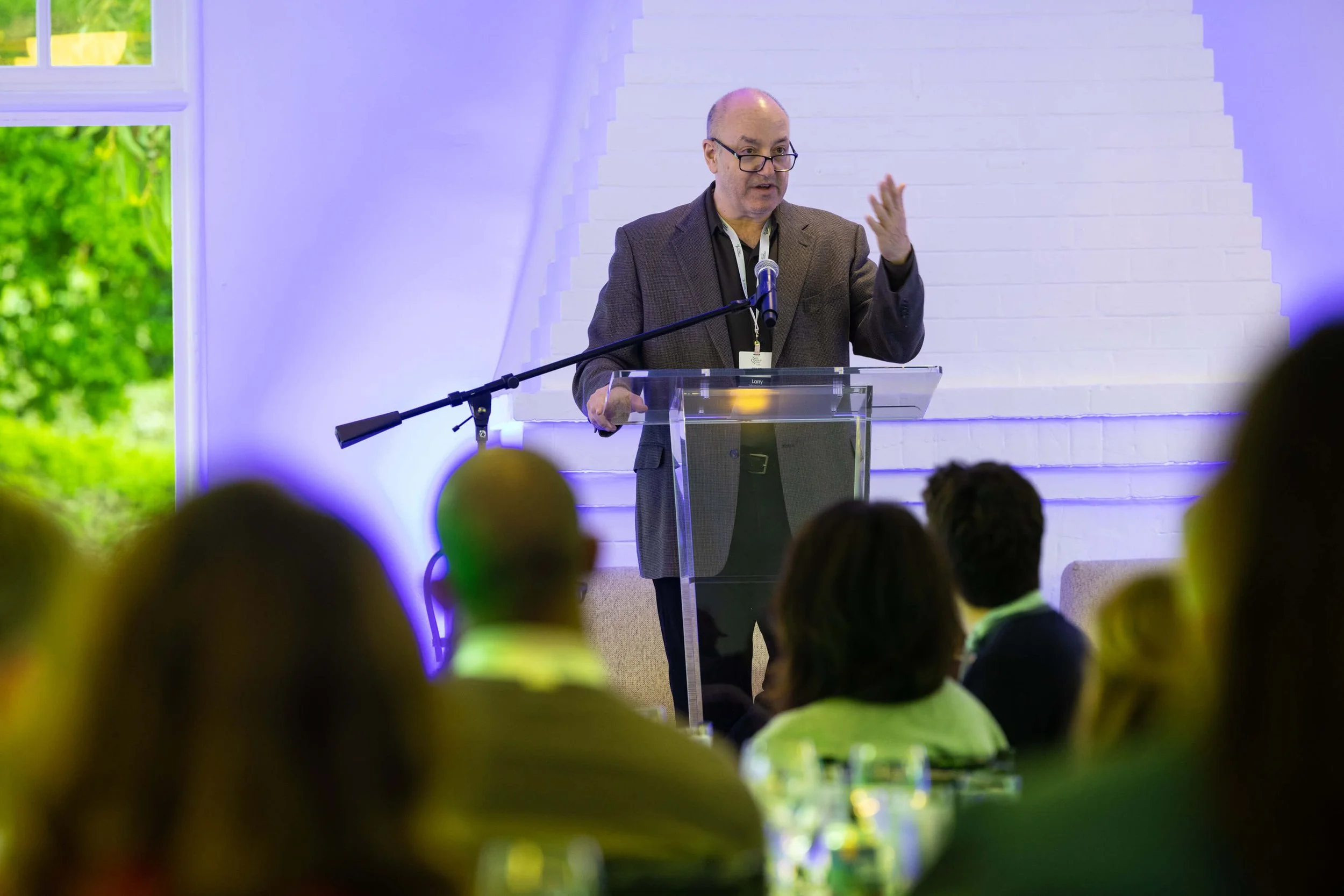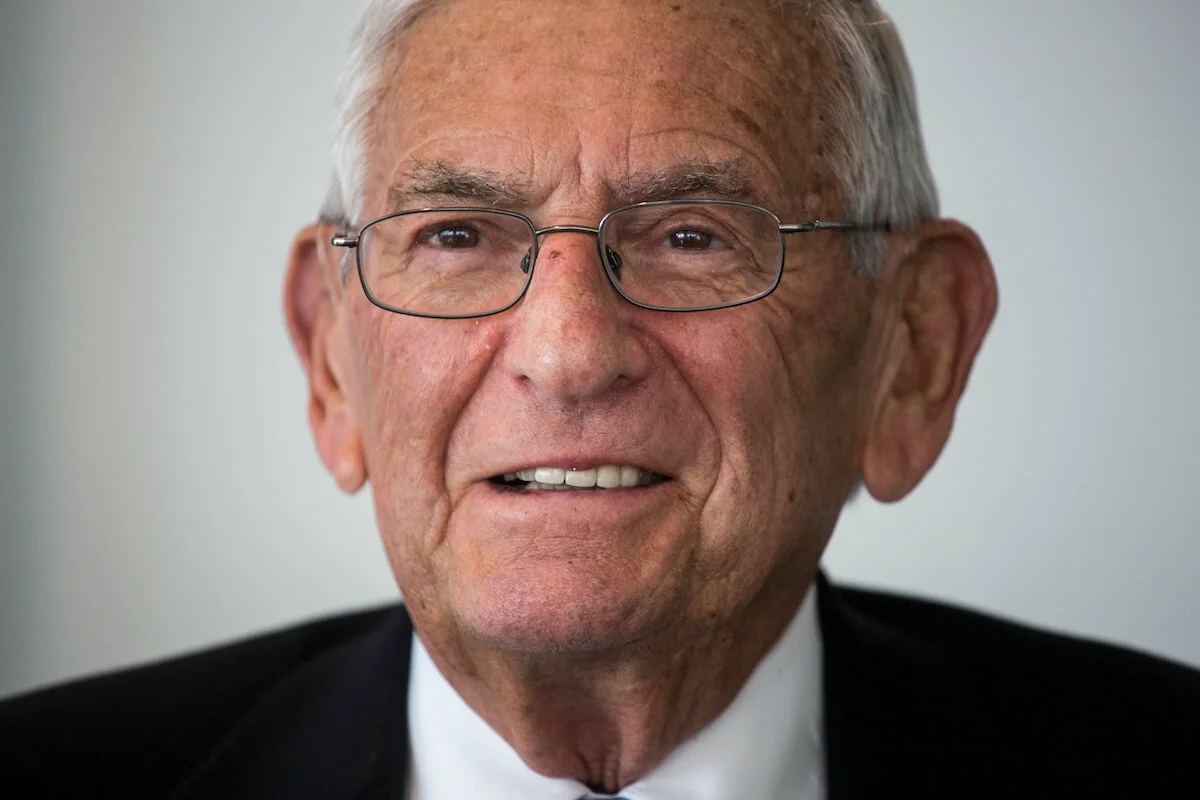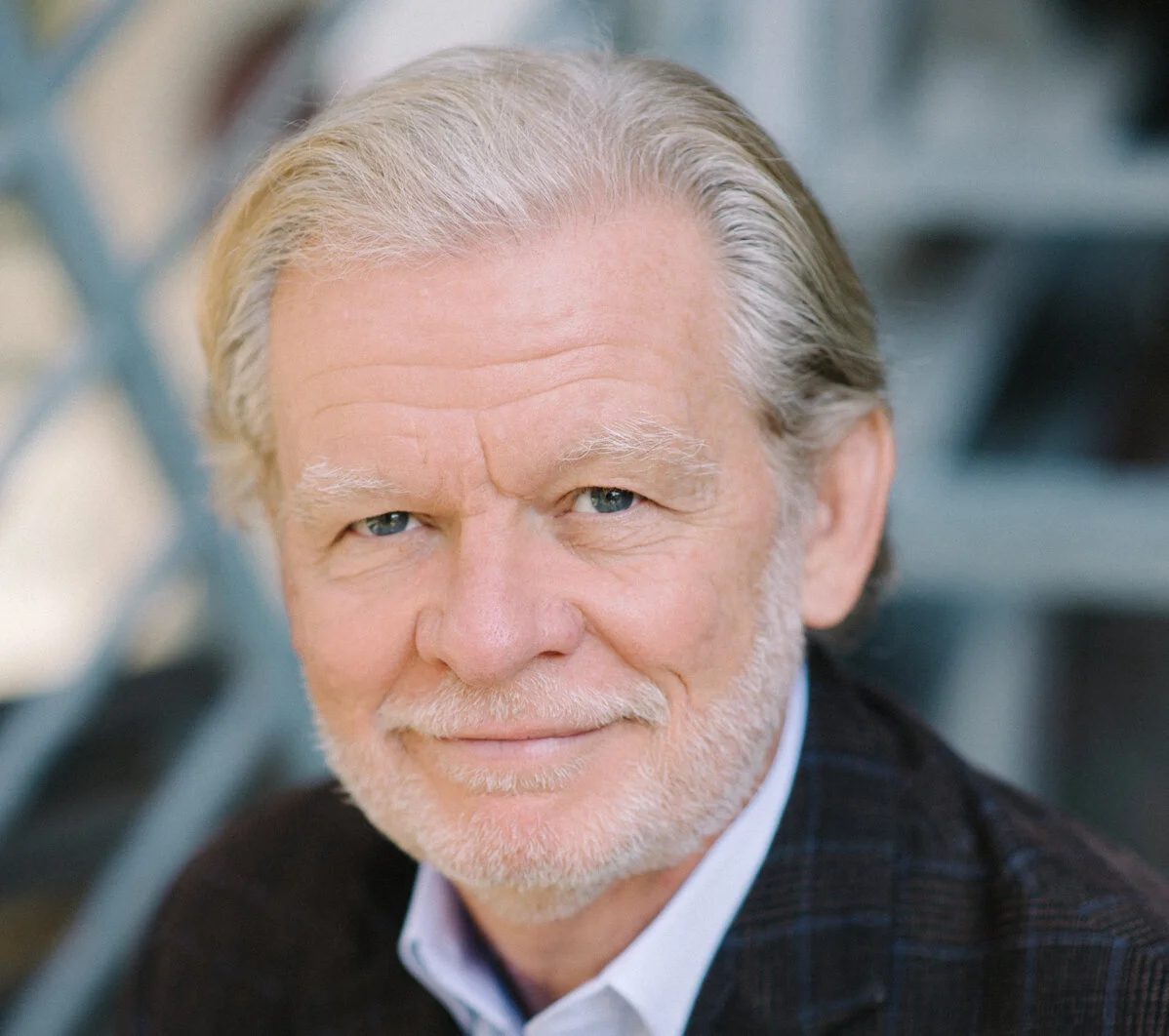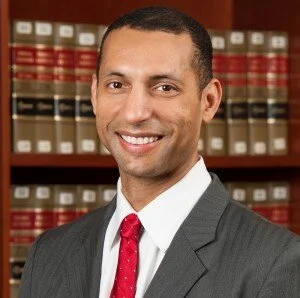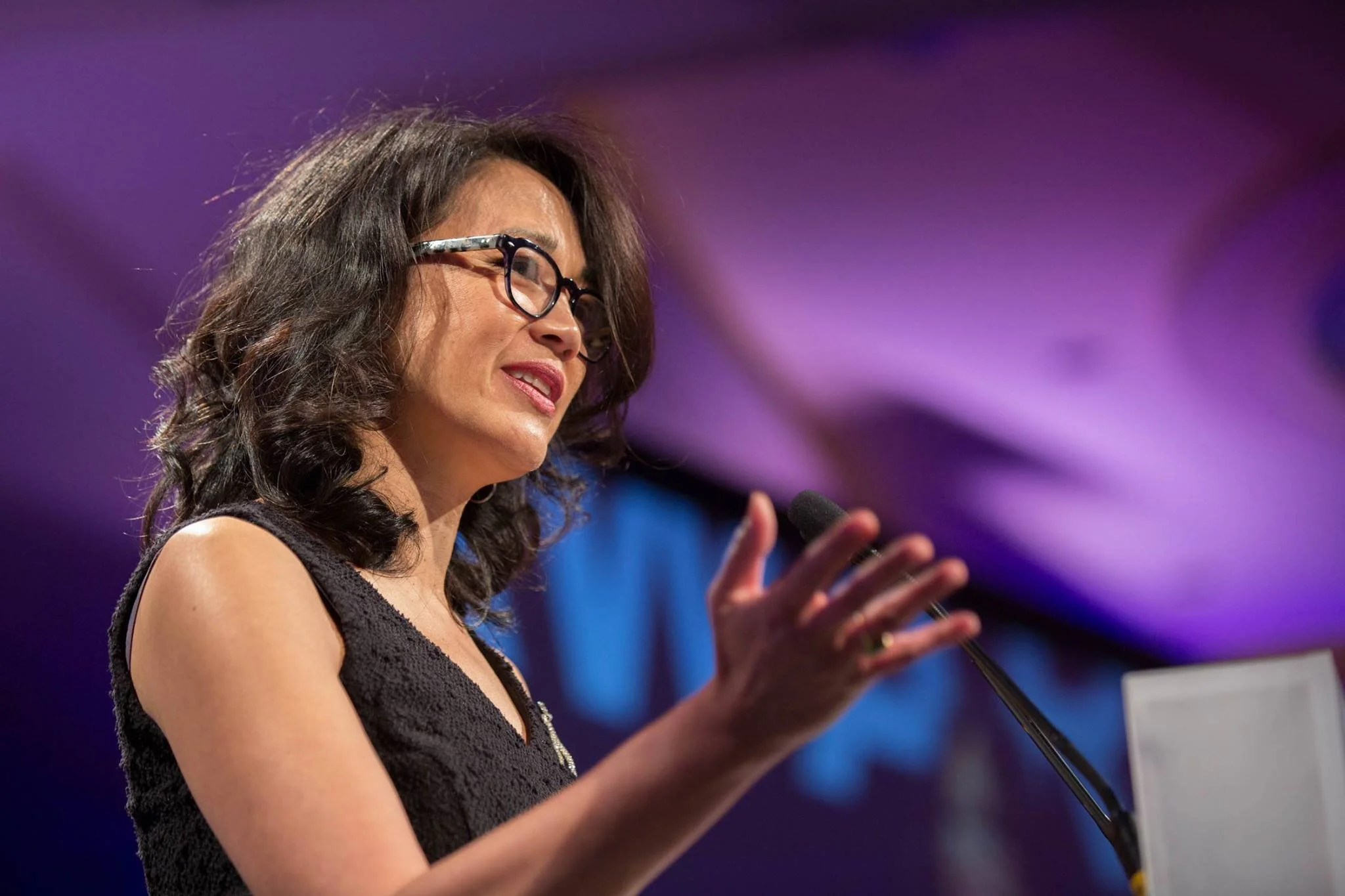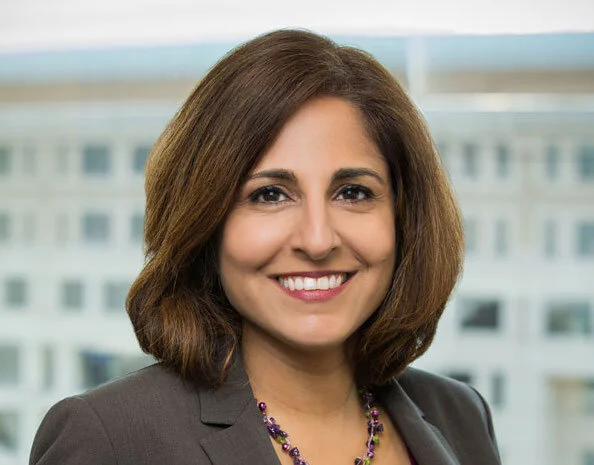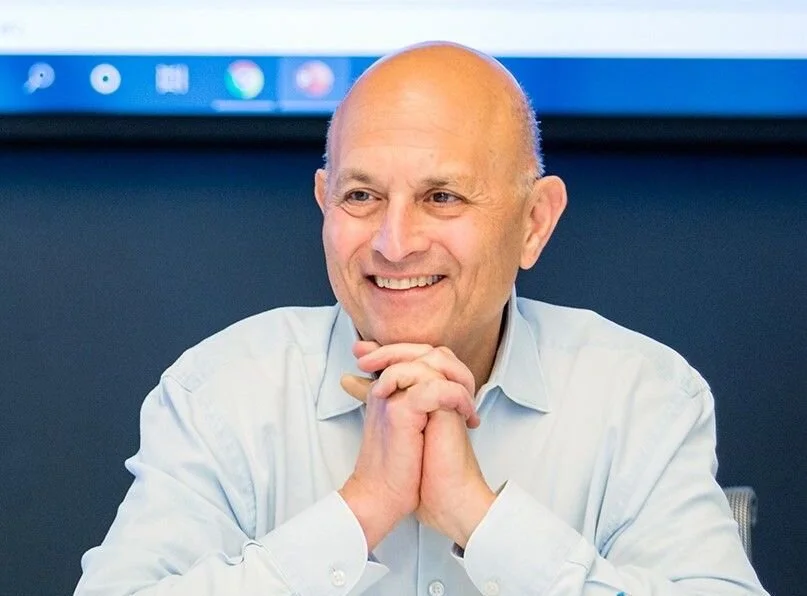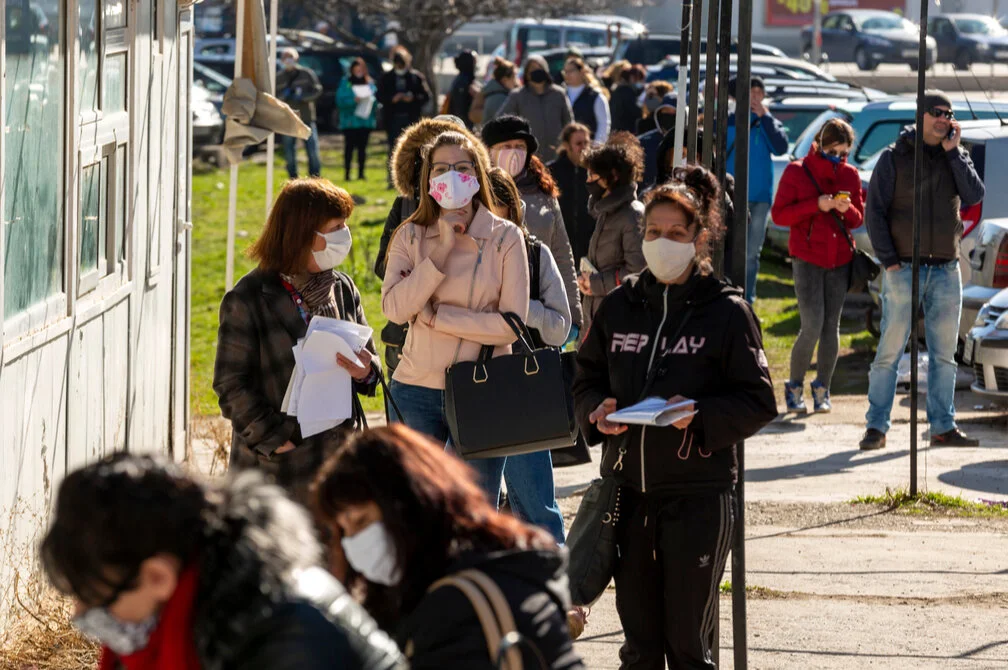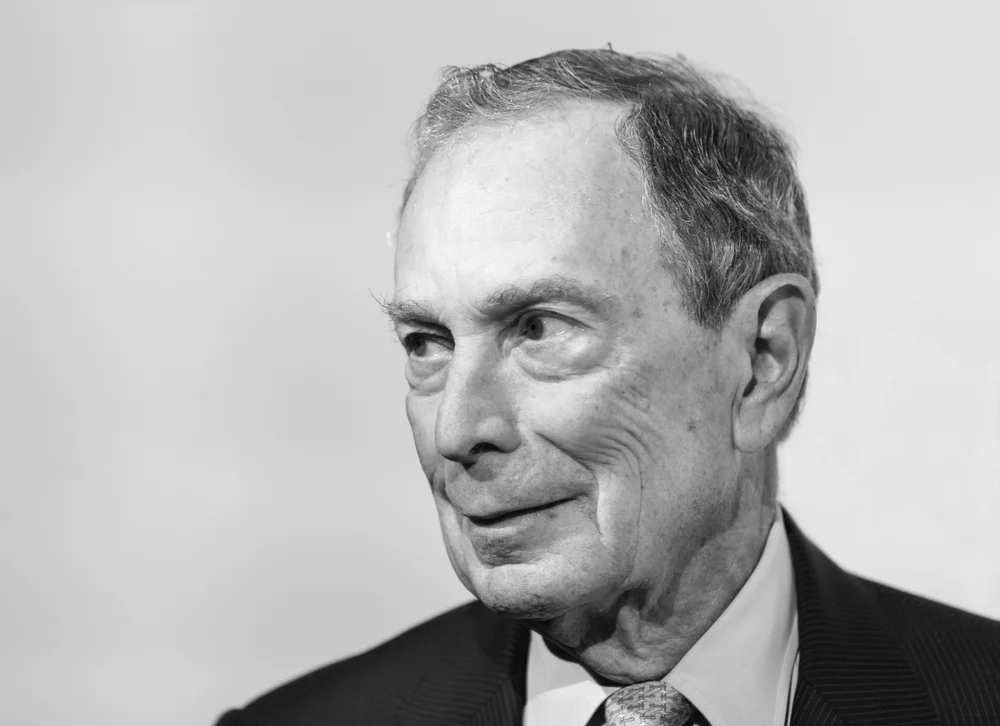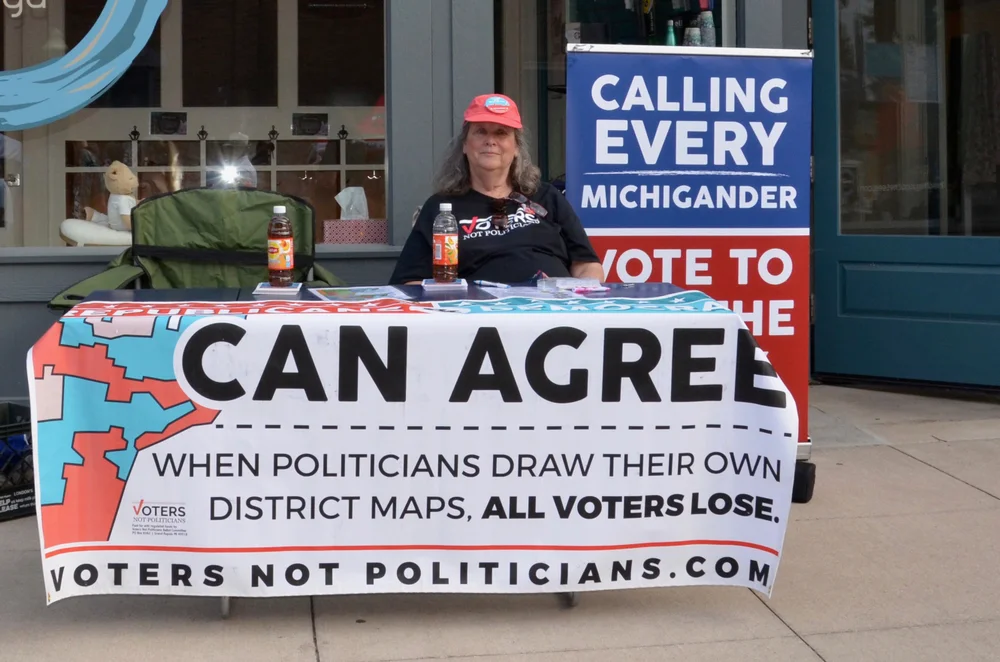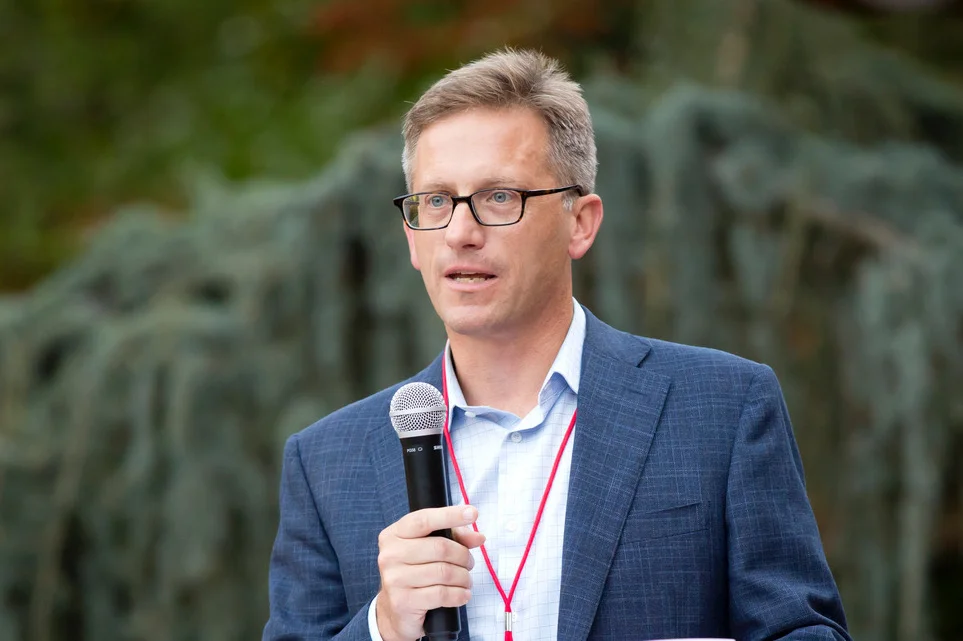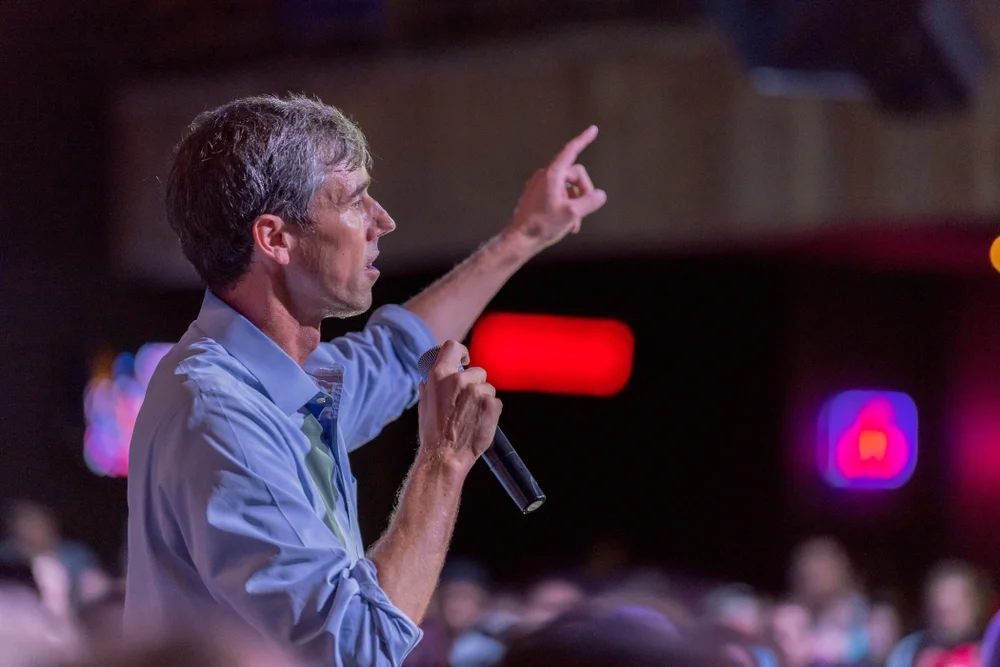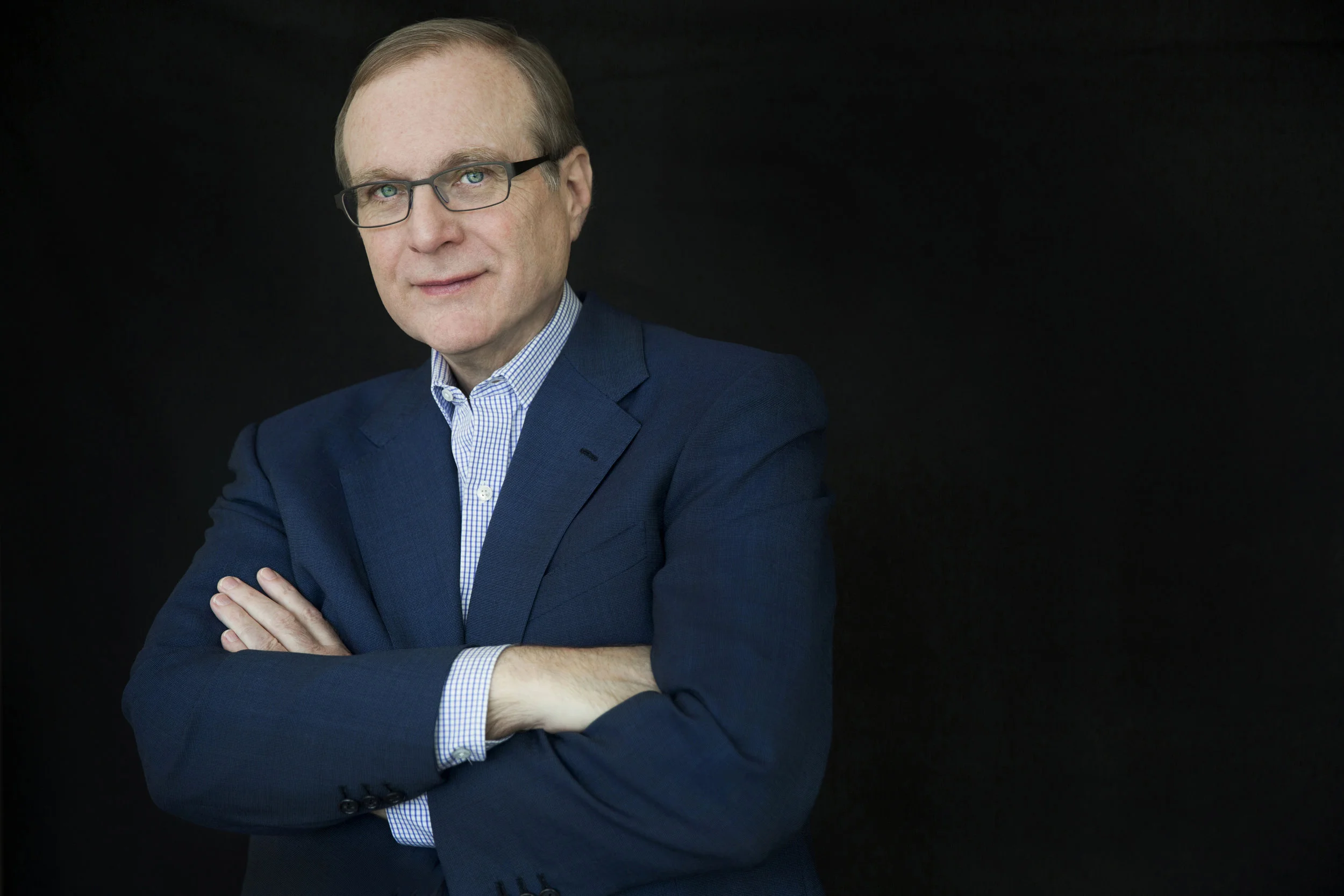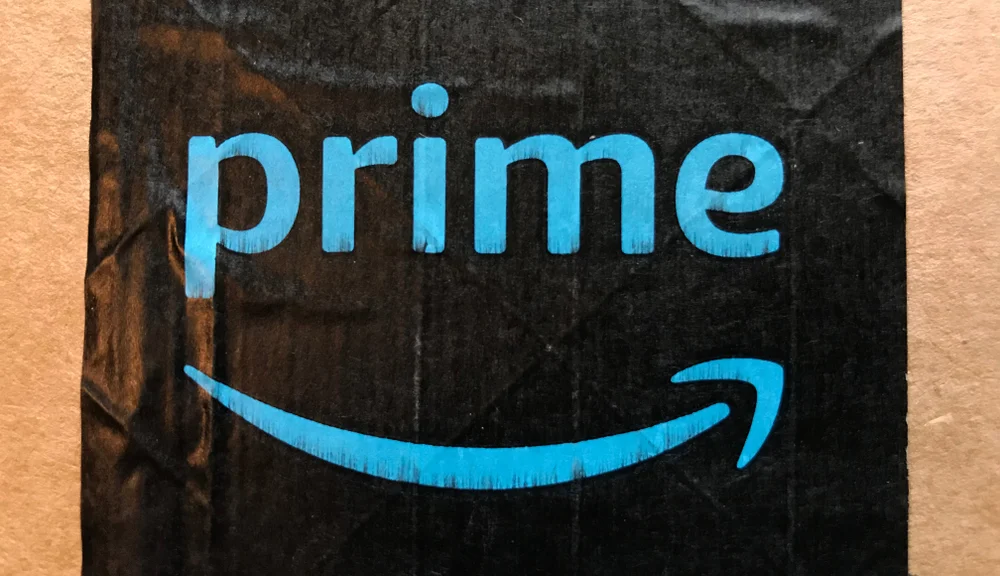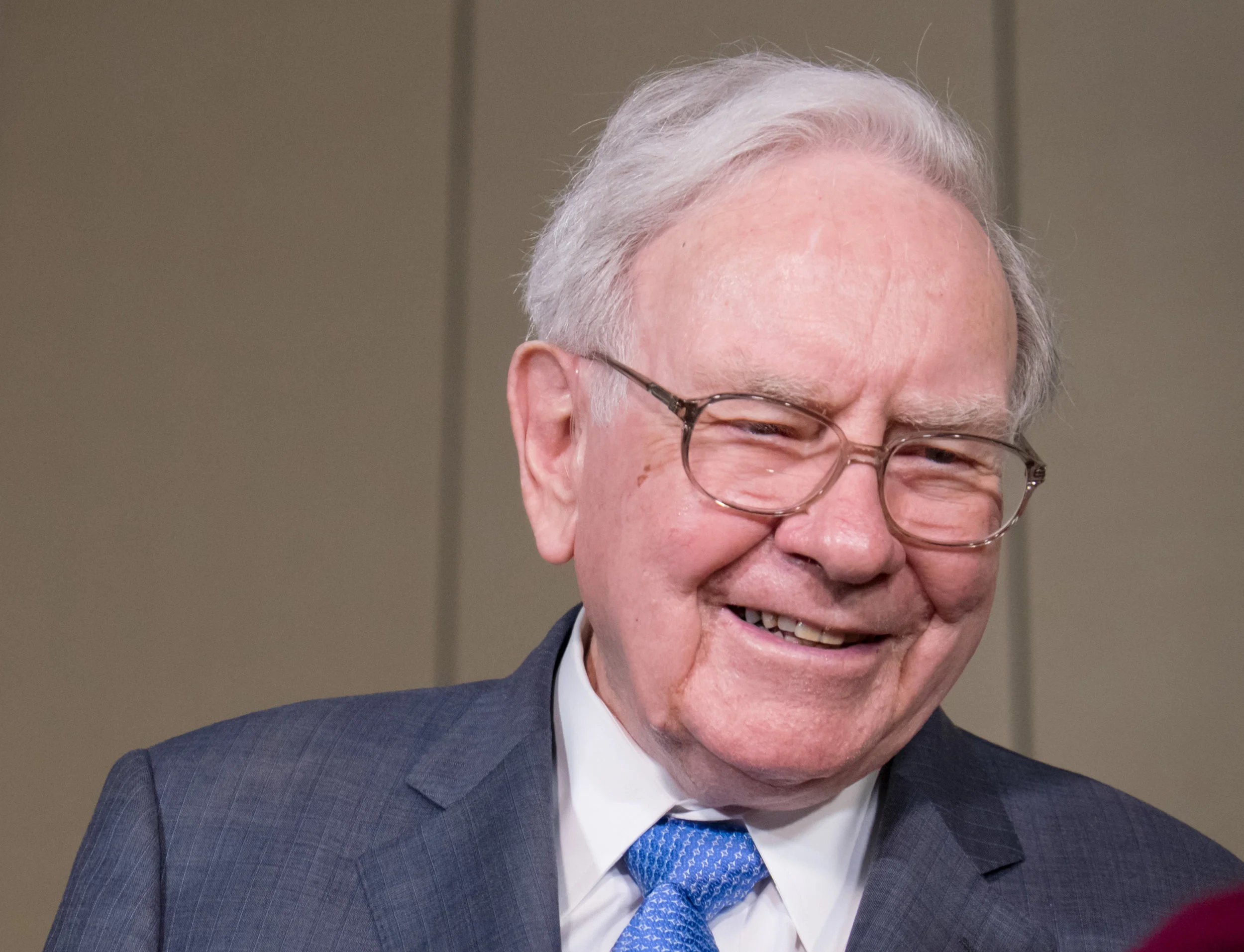Into Battle: The Chan Zuckerberg Initiative Steps Up Its Advocacy Giving
/Mass incarceration is one of the issues on CZI's agenda. Photo: Gts/shutterstock
A few years ago, when Mark Zuckerberg and Priscilla Chan created the Chan Zuckerberg Initiative, they took some heat for incorporating it as an LLC—since such entities can operate with little transparency.
But the young couple are not alone among top donors in choosing this model—Laurene Powell Jobs and Pierre and Pam Omidyar also have LLCs—and there are good reasons to look beyond the traditional foundation structure. The LLC is a much better vehicle for the kind of multi-faceted approach to big problems that Chan and Zuckerberg favor.
From the start, CZI has sought to pull several major levers of change: It makes grants to 501(c)(3) groups, which are paid out of a donor-advised fund housed at the Silicon Valley Community Foundation. It also invests in for-profit social enterprises. Finally, CZI is able to contribute to 501(c)(4)s and has created a fund, Chan Zuckerberg Advocacy, for that purpose.
The fact that money can be moved anonymously if need be makes the LLC structure that much more attractive. Mark Zuckerberg is running one of the most visible public companies in the world, and as I’ve noted before, it’s a risky thing to hold that kind of position while also putting money behind public policy causes. If CZI doesn’t want to leave any fingerprints, it doesn’t have to.
So far, though, this fast-growing organization has been pretty open about its activities. It’s hired experienced communications staff, issued press releases about major initiatives, and otherwise seems disinclined to be a black box of the sort that, say, the Emerson Collective has been. Chan and Zuckerberg clearly understand that, in part, effective philanthropy is a game of follow the leader: Donors who publicize their giving are more likely to rally others to their causes. (See my treatise on why low-profile donors may be their own worst enemies.)
This spirit of openness is apparent in David Plouffe’s announcement today (on Facebook, of course) of $24 million in gifts to influence public policy on several controversial issues, starting with criminal justice. More importantly, though, the news offers a clearer picture of CZI’s ambitions on the advocacy front.
Those ambitions are large, as you might guess from the fact that a political heavyweight like Plouffe works for CZI in the first place. He famously served as campaign manager for Barack Obama’s 2008 campaign and then as a senior advisor in the White House. When Chan and Zuckerberg hired Plouffe last year, it was a telling indication that they were gearing up for some serious policy combat. Now, CZI’s battle plan is coming into better view.
Among the six organizations getting new funding is FWD.us, the 501(c)(4) immigration advocacy group that Mark Zuckerberg helped found in 2013. Once criticized as a clumsy lobbying shop funded by tech companies keen to bring in more skilled workers, FWD.us has been operating with new urgency—and moral conviction—since Donald Trump was elected on an anti-immigrant platform. Most recently, it’s been leading the charge to defend DACA and the “Dreamers,” including throwing its resources behind a push last week to help DACA recipients afford renewal application fees. FWD.us has also broadened its mission to include criminal justice reform and CZI is supporting this expansion. Today, FWD.us announced new staff hires to advance work aimed at reducing the U.S. prison population and creating more opportunity for the many millions of people who have criminal records. At the same time, it says it will be "redoubling our efforts around immigration reform."
Mark Zuckerberg and Priscilla Chan have said little publicly about Donald Trump or his presidency. But one can only imagine their horror at his rise to power, thanks in large part to a xenophobic message. Like every other top entrepreneur in Silicon Valley, Zuckerberg has built Facebook with the help of lots of immigrant labor. For Chan, these issues are more personal: Her ethnic Chinese parents fled Vietnam in the late 1970s; they are among the kinds of people that Trump is trying to keep out with his restrictions on admitting refugees. Still, while some of the issues that CZI works on touch on immigration and Zuckerberg is very active with FWD.us, it is not building out a program in this area.
The overall thrust of the new funding announced today is CZI's support of groups working on criminal justice reform. The three organizations getting support are Families Against Mandatory Minimums, the Alliance for Safety and Justice, which is working for reform at the state level, and JustLeadershipUSA, a group that empowers the formerly incarcerated to become leaders in the fight to reduce the U.S. prison population. Support is also going to RISE, which works to protect the civil rights of victims of sexual assault. Earlier this year, CZI made a major grant to Measures for Justice, a group that sees improved data as a key to criminal justice reform.
Criminal justice is a new focus for CZI, and this work is led by Sasha Post, who previously worked at FWD.us, the Center for American Progress and the Open Society Foundations.
Priscilla Chan and Mark Zuckerberg have become increasingly interested in this issue over time. They visited San Quentin in 2015 and earlier this year held a roundtable in Birmingham Alabama, where they met with community leaders, including the criminal justice reformer Bryan Stevenson. Mark has also said that he was influenced by Michelle Alexander's book, The New Jim Crow: Mass Incarceration in an Age of Colorblindness. Quite apart from the myriad lives damaged by bad criminal justice policy, this is also a ripe issue for philanthropic intervention right now, with the pendulum swinging away from a Draconian law-and-order approach. Living donors and legacy foundations alike have been targeting new resources here, including Facebook co-founder Dustin Moskovitz and his wife Cari Tuna, who’ve recently begun major grantmaking on criminal justice reform.
In addition to taking on the big national hot-button issue of criminal justice, CZI has plunged into local policy fights. Last year, it supported several successful local ballot initiatives in the Bay Area that increase funding for education, affordable housing and transportation. CZI’s work on housing is especially noteworthy. This is one of the most explosive issues in the Bay Area, as more low-income residents face eviction and displacement, and as battles over development and zoning grow more frequent and emotional.
Through their various local activities, Priscilla Chan and Mark Zuckerberg—but especially Chan—have come to understand the intense housing pressures on the poorest residents of one of America’s most affluent regions. And through its new work on housing, CZI has taken a clear side in the growing housing battles. Earlier this year, as we reported, it made a substantial grant to Community Legal Services in East Palo Alto, a group that works for housing justice in Silicon Valley. It’s also supported the Terner Center for Housing Innovation at UC Berkeley, which explores ideas for systemic change in this area. Two of the ballot initiatives that CZI backed in 2016 aimed to generate new funding for affordable housing.
The funding announced today includes support of the TechEquity Collaborative, a new organization that's "organizing the tech community to advocate for a tech-driven economy in the Bay Area that works for everyone." Affordable housing is among the group's major areas of focus.
One takeaway of this funding round is how rapidly CZI is expanding beyond its initial core areas of health and education. While the dollar amounts going out for advocacy are small for CZI, an organization that's investing tens of millions a year in medical research, they are sizable for the policy world. And the broad range of issues that CZI is now engaging offers a reminder of just how expansive the mission of this outfit is: “advancing human potential and promoting equal opportunity.”
That’s a big agenda. But for a couple sitting on Facebook shares currently valued at $70.6 billion, and who could well be active philanthropists for the next half-century, it makes sense to think big.
Related:
- What a New Give for Housing Tells Us About the Future of Chan Zuckerberg Philanthropy
- Big Tech Money and the Tricky Business of Policy Influence
- Can Technology Turbo-Charge K-12 Learning? Chan Zuckerberg Is Betting On It
- Who's Helping the Formerly Incarcerated Lead the Fight for Criminal Justice Reform?


